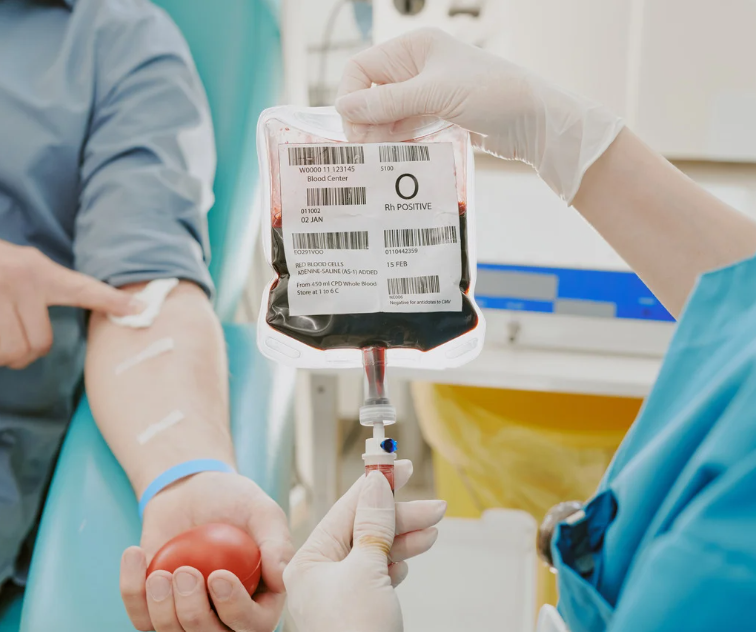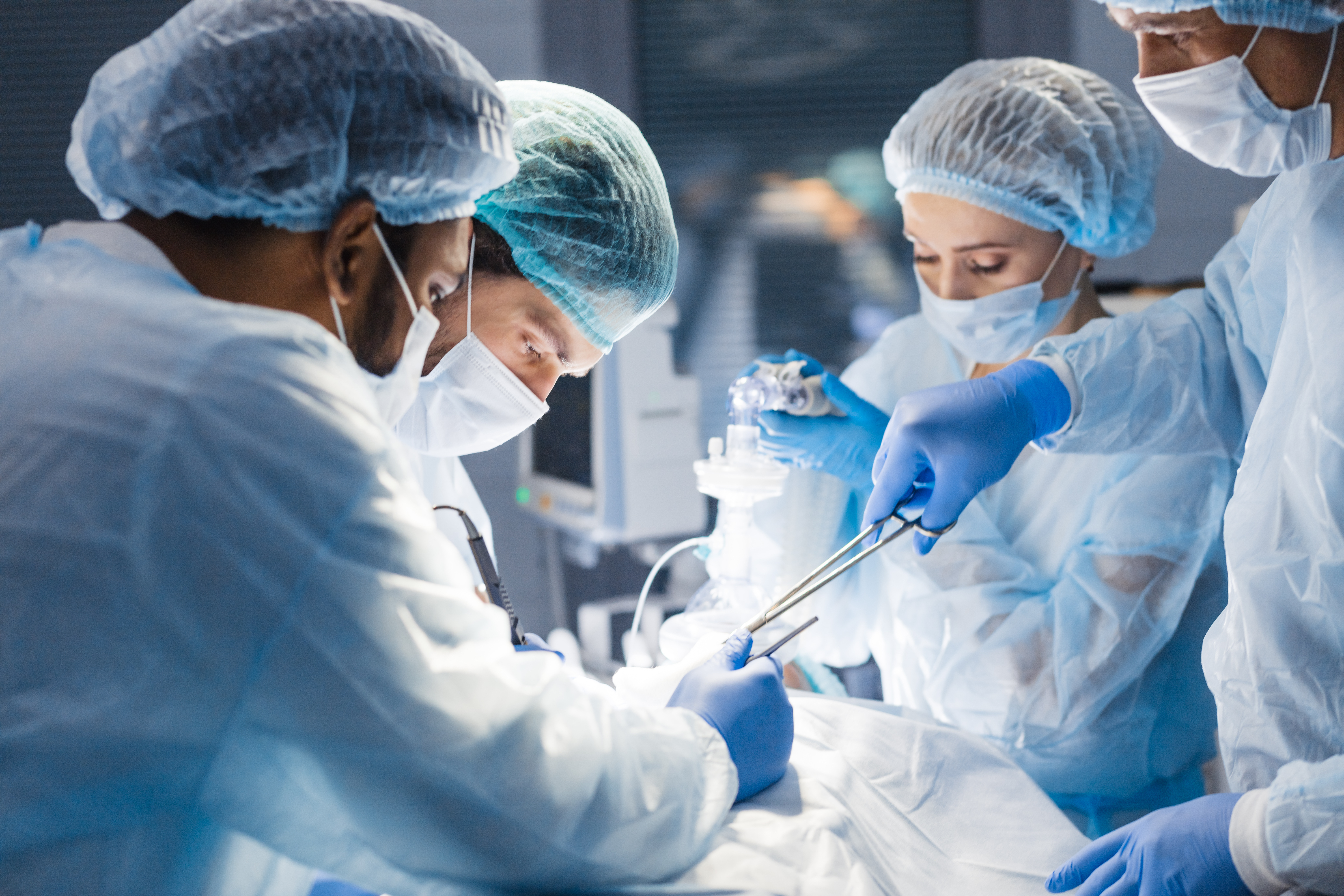
Identifying Open Door Threats in the OR to Reduce Surgical Site Infections
Operating rooms may be among the most tightly regulated environments in healthcare facilities, Sonicy helps ensure they're safe and monitored correctly.
Sonicu offers a comprehensive suite of monitoring solutions
that help organizations safeguard assets, automate compliance and reduce manual processes.
From protecting vaccines and research materials to safeguarding food service and facility operations, Sonicu’s monitoring applications cover temperature, humidity, pressure, and more. Whether you’re in healthcare, life sciences, food safety, or other industries, Sonicu provides visibility, compliance, and peace of mind across all your critical applications.
Designed with safety, efficiency and compliance always top of mind, we’ve evolved over a decade with continuous improvements from customer feedback. Serving the healthcare, research and food service industries.
Whether you're solving basic temperature monitoring needs or managing complex, multi-environment compliance, Sonicu’s full line of meters, sensors, and hubs has you covered.
Sonicu offers a comprehensive suite of monitoring solutions
that help organizations safeguard assets, automate compliance and reduce manual processes.
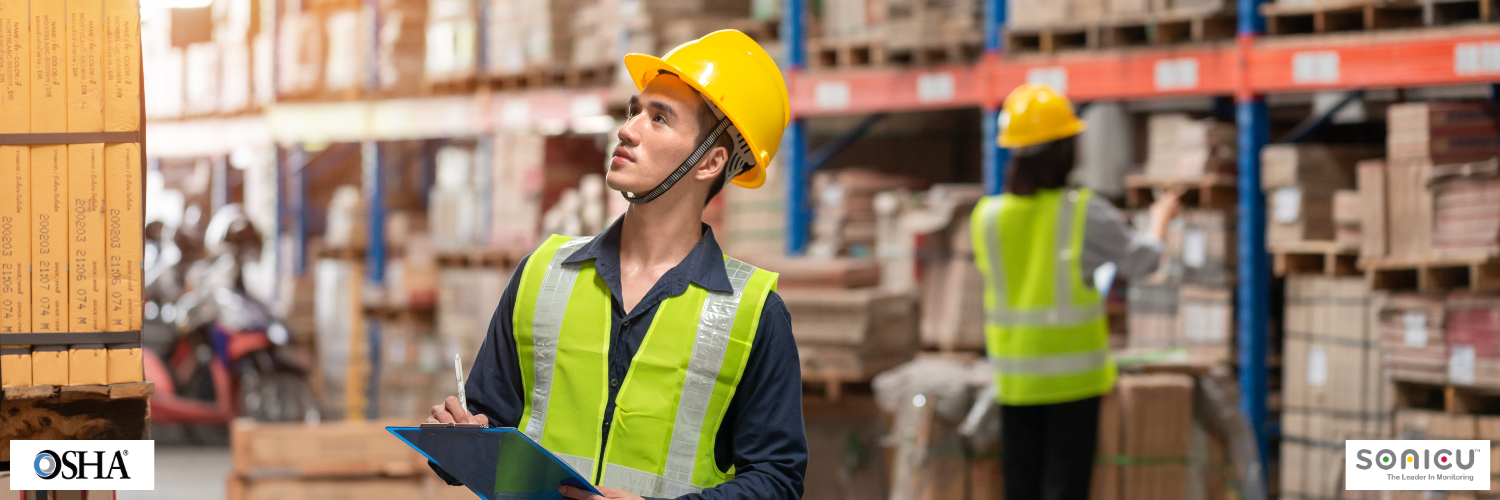
Understanding Heat Stress and OSHA Regulations: How to Protect Your Employees and Ensure Compliance

New monitoring sensor adds to Sonicu’s growing portfolio of monitoring capabilities.
GREENFIELD, Ind. - Researchers and life science professionals searching for an affordable and intuitive environmental monitoring solution that includes CO2 for incubators can now turn to one of the most trusted names in temperature and environmental monitoring.
Sonicu is introducing a new incubator monitoring device that plugs seamlessly into the already robust monitoring system, which includes temperature monitoring as well as humidity and air pressure differential.
“Our customers have long relied on Sonicu to connect with third-party sensors to capture CO2 data and leverage our Sonishield software for alerts and reports,” said Jason Young, Chief Technology Officer, Sonicu.
“With this new incubator sensor, Sonicu customers will enjoy even lower costs and the same plug-and-play simplicity they’ve come to expect from Sonicu in all monitoring applications without the hassle of having to source a CO2 sensor from a third-party.”
The sensor will include the ability to monitor:
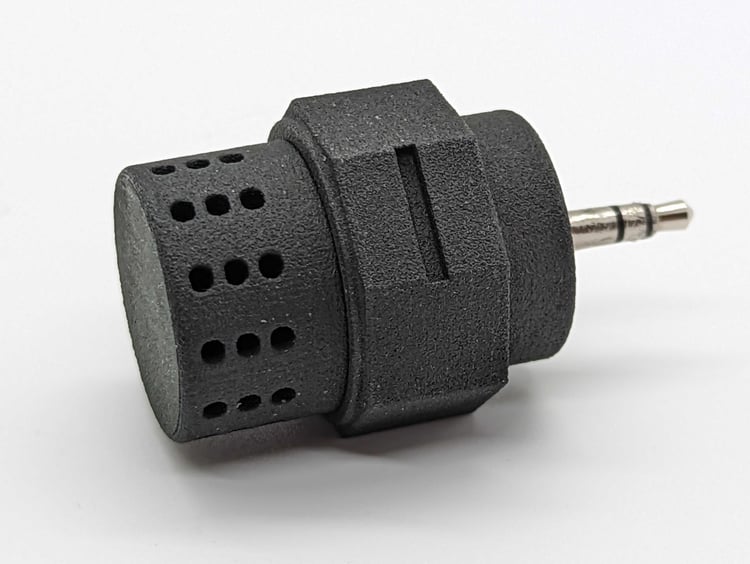
The new incubator sensor is the first of many new monitoring devices Sonicu is slated to launch in the coming months.
Founded in 2008 and serving more than 550 customers across North America, Sonicu is a national leader in the temperature and environmental monitoring industry, helping close to 20,000 regular users stay more closely connected to their critical assets and environments.
The Indiana-based firm is developing a new slate of monitoring sensors and probes based on customer requests for affordable and intuitive data collection devices across a diverse range of environments.
Laboratory and life science leaders are searching for more monitoring options and different price points based on increasing regulatory oversight.
“The demand for affordable sensors that capture more conditions and integrate seamlessly into our software is growing rapidly as more life science and research professionals adopt cloud-based, continuous monitoring to protect their work and automate often tedious regulatory compliance reporting,” said Joe Mundell, Chief Revenue Officer, Sonicu.
“We’re committed to listening to our customers and developing new solutions that help them save time and money while adopting best practices for temperature and environmental monitoring.”
The new incubator monitor will deliver the same value as Sonicu’s entire monitoring technology platform, including:
The incubator monitor is the latest in an innovative line of developments for Sonicu, including the release of the new SoniShield Duo communicating meter in 2021 and an improved ambient temperature and humidity sensor.
Sonicu also released its Data Concentrator earlier this year, offering facility managers the opportunity to integrate Sonicu’s temperature and environmental monitoring data directly into a Building Automation (Management) System.
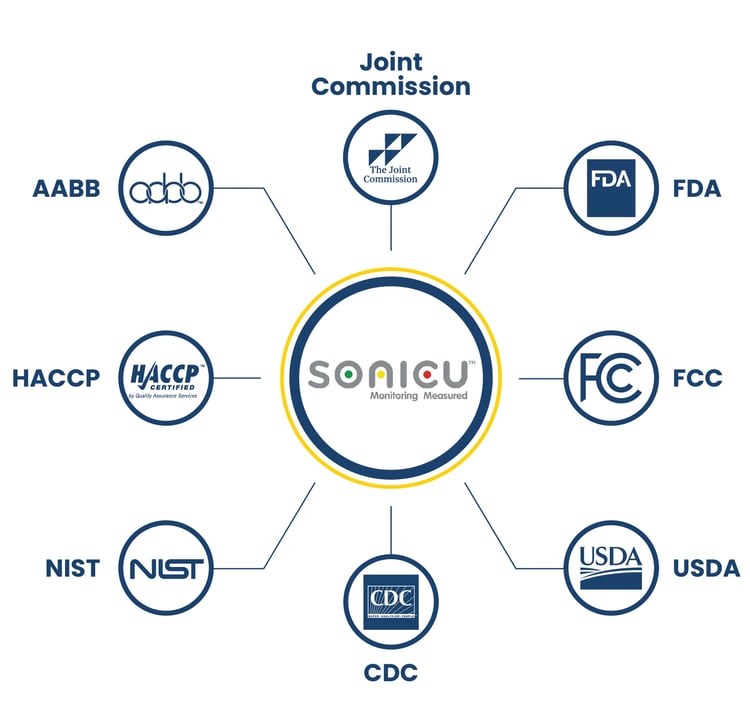
Affordable Protection for Valuable Research
Many environmental monitoring platforms monitor and measure a wide range of parameters, including CO2, temperature, and humidity, using accurate and reliable sensors.
But not all probes and sensors meet Sonicu’s high engineering standards that include the backing of an industry-leading warranty program and feature multiple layers of redundancy.
The powerful redundancies built into the system also include DataSync to capture data locally in the event of a power or network outage and re-sync to the cloud upon reconnection.
The communicating meters also include a backup battery that can continue transmitting for up to a year without primary power.
“Our system is engineered to take into consideration all the horrible 'what ifs' that we’ve heard from customers over the years. The sort of things you hope never happen, but should be ready for nevertheless,” Young said.
“There’s a lot of unpredictability and uncertainty that we’ve tried to hedge against with redundancies
Sonicu assembles all of its probes and sensors in Indiana and delivers them with professional installation and regular, done-for-you NIST calibration.
Monitoring systems like Sonicu’s are typically used within laboratory and life science applications that require independent monitoring, such as incubators.
With 24/7 data collection stored on the AWS Cloud, the data can be used for regular monitoring and compliance requirements as well as real-time alarms for any breach of defined parameters.
Sonicu delivers alerts and alarms via text, e-mail, push notifications, and even phone calls.
“Phone calls may seem old-fashioned until your phone wakes you up at two in the morning warning you of a temperature or CO2 breach that threatens your research,” said Mundell. “Our customers get those calls, and then call us the next day to thank us for waking them up and protecting their work.”
Sonicu has designed its platform for the vital work of maintaining a stable environment within laboratory incubators to ensure optimum cell growth and demonstrate traceability in line with regulatory requirements.

Affordable and Trusted Incubator Monitoring
One of the most essential hardware appliances in producing and researching biopharmaceuticals is the CO2 incubator.
Incubators are leveraged for cell culture processes in a host of applications, including
Incubators replicate the environmental conditions of cells in a living body (in vivo) to enable successful cell growth in media within the chamber (in vitro).
Culturing cells demands ideal media conditions as well as an incubator chamber.
If batches are not cultivated under controlled conditions, the results may not be reproducible, diminishing the value of the research and wasting valuable time and resources.
Modern incubators operate as complex systems and often require third-party monitoring systems to validate their highly sensitive readings.
In cases where a cell culture has failed to proliferate, there are several avenues of troubleshooting to consider.
However, the first point of failure in cell cultivation is often the conditions within the incubator.
While many incubators may automatically adjust conditions from the incubator’s sensor, those measurements may not be accurate.
Unless an incubator is recently installed and properly validated (or recently serviced and re-qualified) — and assuming the service includes a calibration and adjustment of the integrated sensors — relying on the incubator’s sensor increases risk.
Sonicu: American-Made Hardware, Software, and Support
There are many options for laboratory directors and researchers when considering an incubator monitoring system.
Factors, including how and where the devices were assembled and how and where they will be supported after the installation, are important factors to consider.
Final assembly and testing of all Sonicu devices happen in its Indiana headquarters, while all support services are rendered from our Greenfield, Indiana office.
Any customer with any number of monitoring devices can phone into our support center during normal business hours can speak with a product expert who has helped scores of other customers with similar issues in the past.
And all customers enjoy access to Sonicu Academy, where free, unlimited, on-demand training is delivered 24/7.
Subscribe to our newsletter for expert insights, product updates, and strategies to keep your operations running smoothly.
